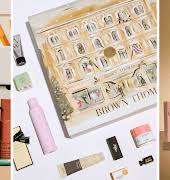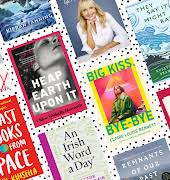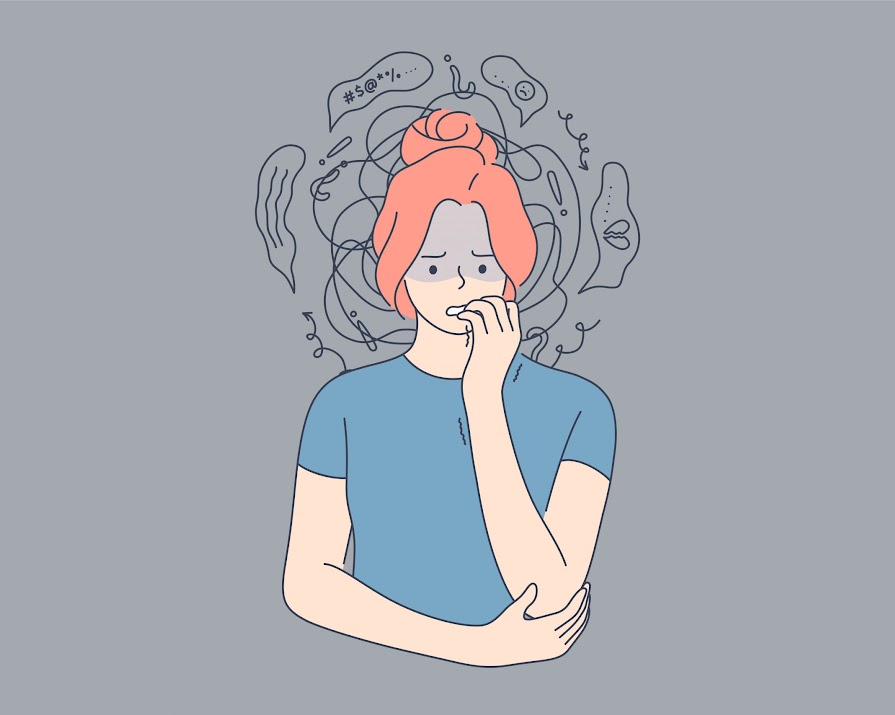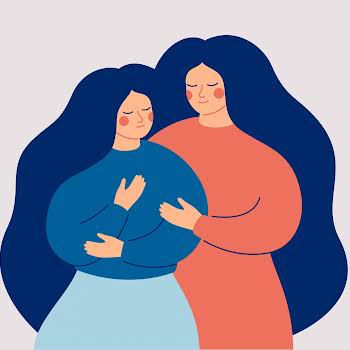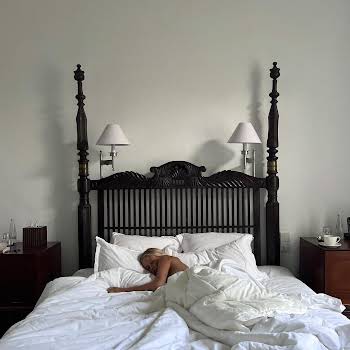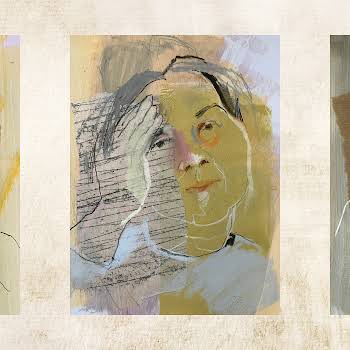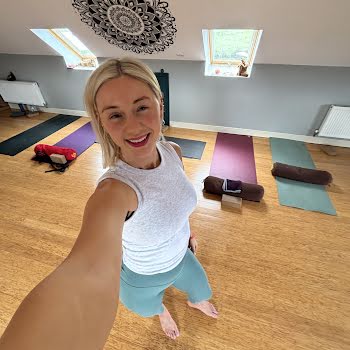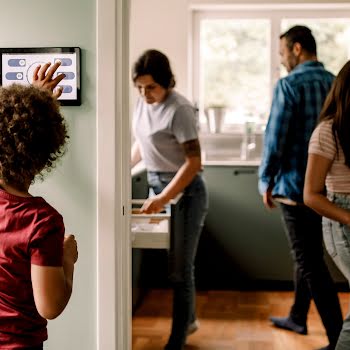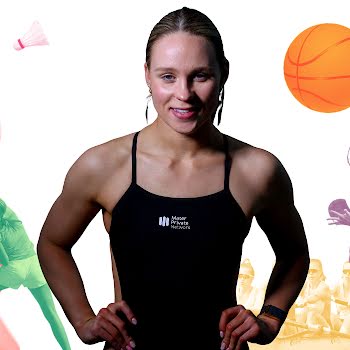‘I would go to my room and say a set of prayers in the same order out of fear that if I didn’t someone else I loved would die’: Overcoming the stigma around anxiety medication
By Louise O Sullivan
03rd May 2021
03rd May 2021
This year I started taking anxiety medication, something I have been avoiding for years because I was afraid of what people would think.
Relax, don’t worry, that won’t happen again.”
These are just some of the phrases which I’ve heard repeatedly throughout my life. I’d always been an anxious child and those nervous tendencies have stayed with me right up to the present day.
It’s only after years of self-reflection that I know what led to my anxiety. They go back as far as early school memories, but another incident was when my father died suddenly from a heart attack when I was twelve. Although always a very cautious child, this experience unleashed a whole new level of anxiety. For a time, I developed OCD like habits. I came home at the same time every day from my friend’s house. I would go to my room and say a set of prayers in the same order out of fear that if I didn’t someone else I loved would die. I began having intrusive thoughts and was terrified they would become reality. I completely lost my ability to think without being paralysed with fear.
Advertisement
After days of feeling extremely anxious and having exhausted all my usual coping mechanisms, I felt trapped. Nothing was working.
I’ve tried multiple things over the years to manage my anxiety. However, despite my best efforts, I was still battling it constantly. The first time I admitted to myself that I might need medication was in November 2018. After days of feeling extremely anxious and having exhausted all my usual coping mechanisms, I felt trapped. Nothing was working. I cried uncontrollably for hours that night and the following day I spoke with my doctor who completely put me at ease. We spoke at length and he gave me a prescription, but I was unsure if I wanted to take it. I got the medication but left it in a drawer. Instead, I began taking herbal remedies like Valerian root capsules. I didn’t want to believe that I couldn’t manage my anxiety.
In March 2020 I went to my GP a second time with an unrelated query. I knew there probably wasn’t anything wrong and that my fears were solely anxiety, but unfortunately the rational part of my brain was incapable of being heard. As expected, the doctor quenched the fears that had rippled through my mind in the week leading up to my appointment. Suddenly seeing how obscure my thought process was but powerless to control it, I asked again about medication. My GP explained that taking medication for anxiety is no different to taking medication for a physical ailment. I knew what he was saying made sense but still, I wasn’t ready to take the step.
Advertisement
I thought I had to have an unbreakable armour and didn’t want to accept I had vulnerabilities.
In January 2021, I cracked. I didn’t have the energy or strength to cope anymore. Physically, emotionally, and mentally I was depleted. When my anxiety gets that bad it prevents me from being me and dominates my whole life. After three years of dismissing it and many more years trying to manage anxiety, I made the decision to try medication for six months.
I was afraid of what people would think if they knew I took medication for anxiety. I felt ashamed and embarrassed that I couldn’t cope on my own and feared peers would see me as less capable. I thought I had to have an unbreakable armour and didn’t want to accept I had vulnerabilities. For a long time, I believed I could “beat” anxiety without medication and I know I am not alone in feeling this lingering stigma. Although we speak more openly about mental health, there’s a sense of discomfort around medication in its treatment.
Since beginning medication, I can now create the headspace I need to step back when I become increasingly anxious. Before I wasn’t capable of that. It balances me out and allows the logical part of my brain to step in and encourage calm, particularly when there’s a spiral of panic happening.
Advertisement
It has made me realise that this doesn’t mean I’ve failed. It has enabled me to better look after myself ensuring I don’t burn out. My advice for anyone who is thinking about trying medication is speak to your doctor about your concerns. They may offer information that makes your decision much easier. It’s up to all of us to continue to support a more open dialogue around mental health but furthermore to normalise its treatment.
Do you need to talk to someone right now? You can free call Samaritans 116 123 or contact your GP.

